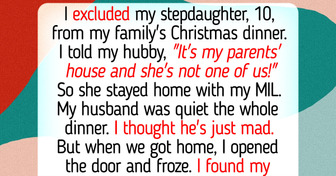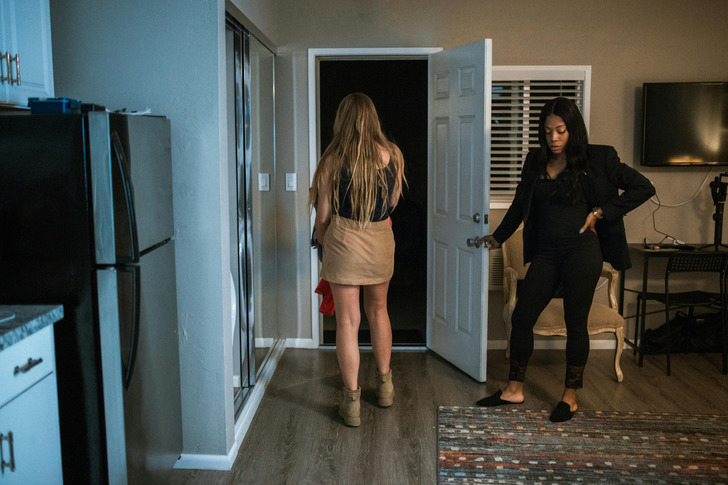Love a story where Dad actually stands up for the underdog.
I Refused to Babysit My Sister’s Kids for Free, the Fallout Was Brutal
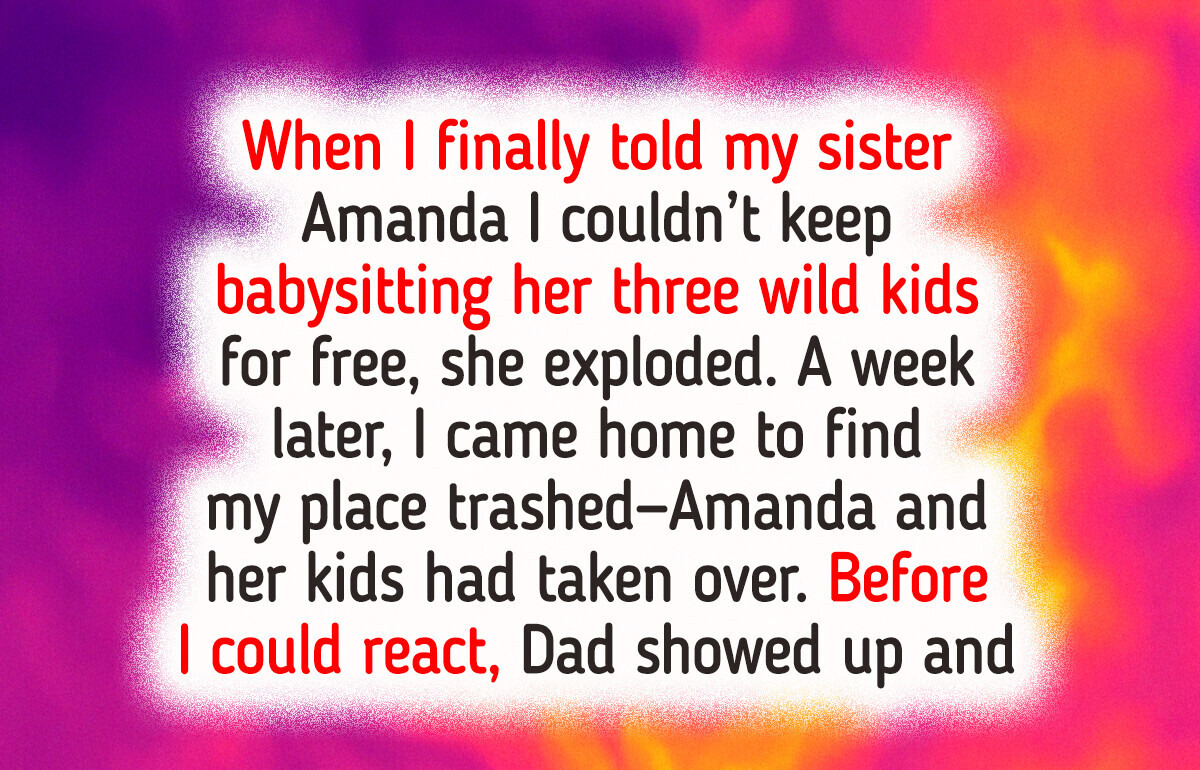
A Bright Side reader had been babysitting her sister’s kids every week until she set personal boundaries and refused to continue. What began as a simple favor soon spiraled into a dramatic fallout, challenging her family ties and values in ways she never expected.
Why I had to draw the line with my sister
Hey Bright Side,
So, here’s my little story, and trust me, it’s been a wild ride.
For years, I’ve been playing the “free babysitter” for my sister Amanda’s three kids. They’re, well, a handful. But it started off small, you know? A few hours here and there, just helping out. But it became this weekly thing. Every week, without fail, I’d be watching them, feeding them, cleaning up after them, no thanks, no pay. It was a lot, but hey, family, right? I never said anything because, well, that’s what families do. They help each other, right?
But then it started to wear me down. Like, I’d barely had a moment to myself. I didn’t even remember what it felt like to have a quiet evening. So, one day, I just had to say it. I couldn’t keep doing it for free anymore. I told Amanda I just couldn’t babysit every week. And, well, she kind of lost it.
Within hours, I was all over Facebook as the “bad guy,” being slammed by relatives I hadn’t even spoken to in years. Everyone took her side. It was honestly like being hit with a ton of bricks. But that wasn’t even the worst part.
A week later, I come home and my place is a total disaster. Amanda and the kids had just come over and basically turned my apartment into their personal playground. There was cereal spilled everywhere, toys all over the place, jelly stains on my couch, the whole nine yards. I was just like, seriously? She even said, “If you won’t come to the kids, the kids will come to you.”
I was about to say something, but then, out of nowhere, our dad shows up. Apparently, he’d seen all the posts on Facebook and decided to step in. He took one look around and said, “Amanda, pack the kids. You’ve gone too far.”
Of course, Amanda tried to argue, but dad wasn’t having it. He told her, “She’s not your doormat. She’s your sister.”
That was a big moment. It wasn’t like things were fixed immediately, but it cracked something open between us. Amanda actually started going to therapy. And me? I learned to stand my ground and set boundaries. Slowly but surely, we started talking again, really talking.
It’s crazy how sometimes, healing starts when someone finally stands up for you.
Thanks for letting me share.
Cheers,
Rachel
When Standing Firm Opens the Door to Change
Wow, thank you for sharing such a powerful story. What really stood out to us is how boundaries, though sometimes difficult to enforce, can be the key to healing. Your experience shows that standing firm—especially when it’s hard—can not only change how others see you but also spark real growth within a family. It’s amazing how your dad stepped in when things got tough.
Sometimes, healing doesn’t come from words alone, but from those pivotal moments where someone has your back. We’re glad to hear that things have started to shift for the better. Your story is a reminder that standing up for yourself can create the space for new, more honest conversations.
Looking to the future, here are some tips for dealing with these kinds of situations before they escalate.
Tips on Dealing with Drama Tactfully
- Set Boundaries Early: Speak up as soon as you notice a pattern that’s overwhelming you. Boundaries are easier to establish when the behavior hasn’t become an unspoken expectation.
- Communicate Without Guilt: Remind yourself that saying “no” doesn’t make you selfish—it makes you human. You’re protecting your time, energy, and well-being.
- Take a Stand for Yourself: Don’t shy away from standing firm in your decision, even if it causes discomfort. Sometimes, neutrality only prolongs the issue, and your voice is necessary to create the change you need.
- Don’t Engage in Public Drama: Avoid responding to online posts or family gossip. Keep your dignity intact by handling the matter privately and directly with those involved.
- Recognize the Power of Support: When someone defends you, accept it as validation rather than feeling guilty. Support from others can help open the door to healthier relationships.
Rachel’s story is a testament to the power of setting boundaries and standing your ground. If you’ve ever struggled with tough family dynamics, you might relate to another reader’s experience in this article about setting rules at home.
Comments
Related Reads
I Refused to Rescue a Tourist Who Slept in — I’m a Tour Guide, Not Their Alarm Clock
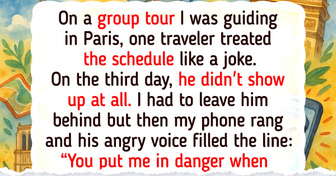
I Refuse to Be a Free Babysitter for My Stepchildren — My Comfort Comes Before Anyone
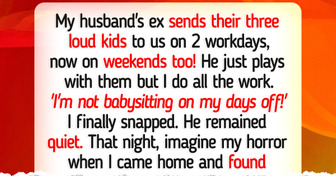
10 Moments That Prove Kindness Still Wins in an Unfair World

18 Stories That Prove Your Gut Feeling Is Actually a Superpower You Shouldn’t Ignore
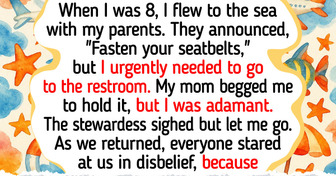
15 Moments That Inspire Us to Keep Our Kindness, Even When the World Gets Heavy
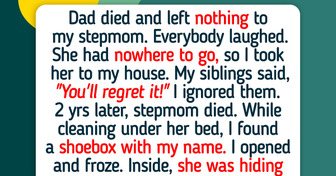
12 Moments That Prove Kindness Is More Powerful Than Anything Else
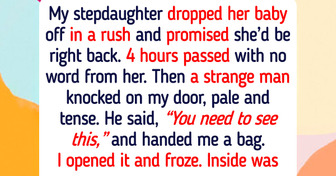
I Was Denied Remote Work Despite My High-Risk Pregnancy
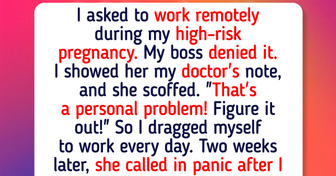
I Refuse to Let My Daughter Treat My Home Like Her Business, I’m Not Her Personal Maid
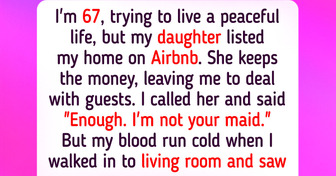
11 Moments That Prove Quiet Kindness Still Changes Everything

I Cut Off My Son for Not Wanting Kids—He Made Me Regret Every Word
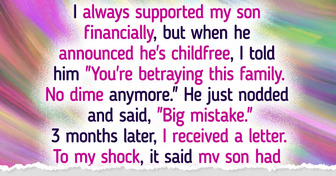
I Refuse to Work With the Boss Who Destroyed My Career —Or Keep My Mouth Shut

18 Moments That Prove Kindness Is the Thread That Holds the World Together
